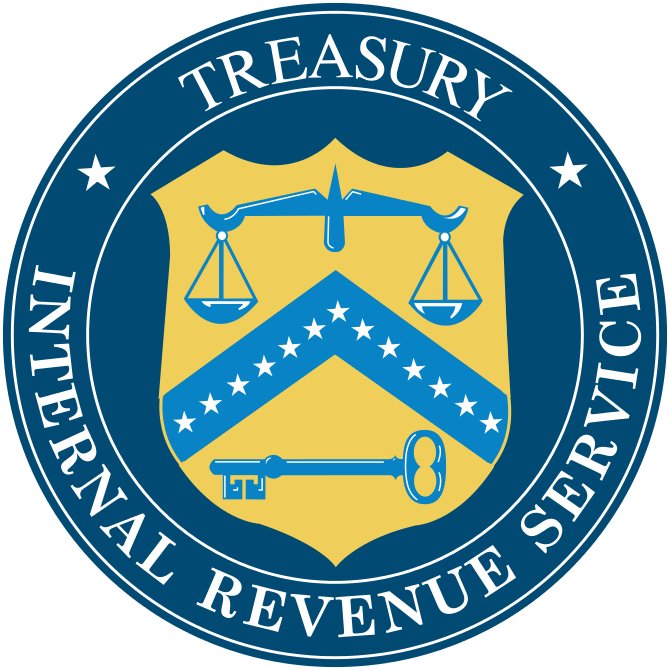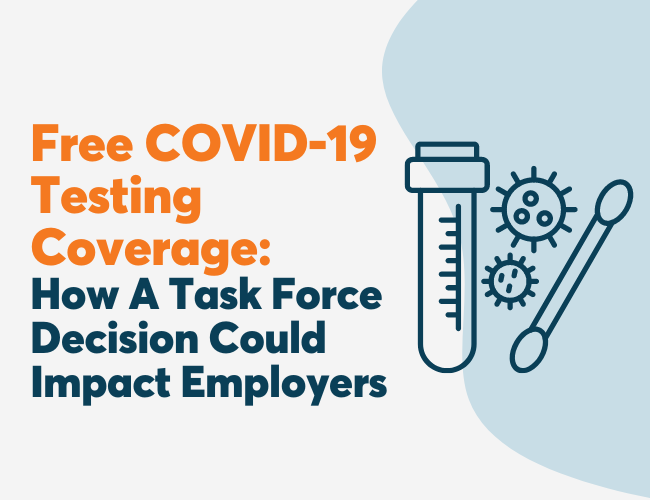According to an advice memorandum released on May 27 by the United States Internal Revenue Service (IRS), an “employer may not exclude from an employee’s gross income payments of cash rewards for participating in a wellness program” or “exclude from an employee’s gross income reimbursements of premiums for participating in a wellness program if the premiums for the wellness program were originally made by salary reduction through a section 125 cafeteria plan.” In simpler terms, employers need to treat the value of cash rewards (e.g., gym memberships, prizes, etc.) and premium reimbursements that were received from wellness program participation as taxable income.

According to the IRS, these types of awards or reimbursements aren’t allowed because they do not qualify as de minimis fringe benefits. De minimis fringe benefits are defined as any property or service that is “so small” that accounting for it wouldn’t be reasonable. Employer-paid gym membership fees don’t qualify as medical care under tax code Section 213(d) so the fees would not be excludable from income, even if it’s provided through a wellness program. However, a wellness program providing a fringe benefit like a t-shirt would be providing something to participants in the program that is excludable from income because of the amount of value in the reward.
Health screenings and “other medical care” provided by wellness plans are excludable from income.
The questions that exist now are: (i) what percentage of employers are not treating these rewards as taxable; (ii) will the shift to taxing for these rewards cause employers to look at alternative rewards; and (iii) if not cash rewards or premium reimbursements, then what incentives, if any, should be used?












